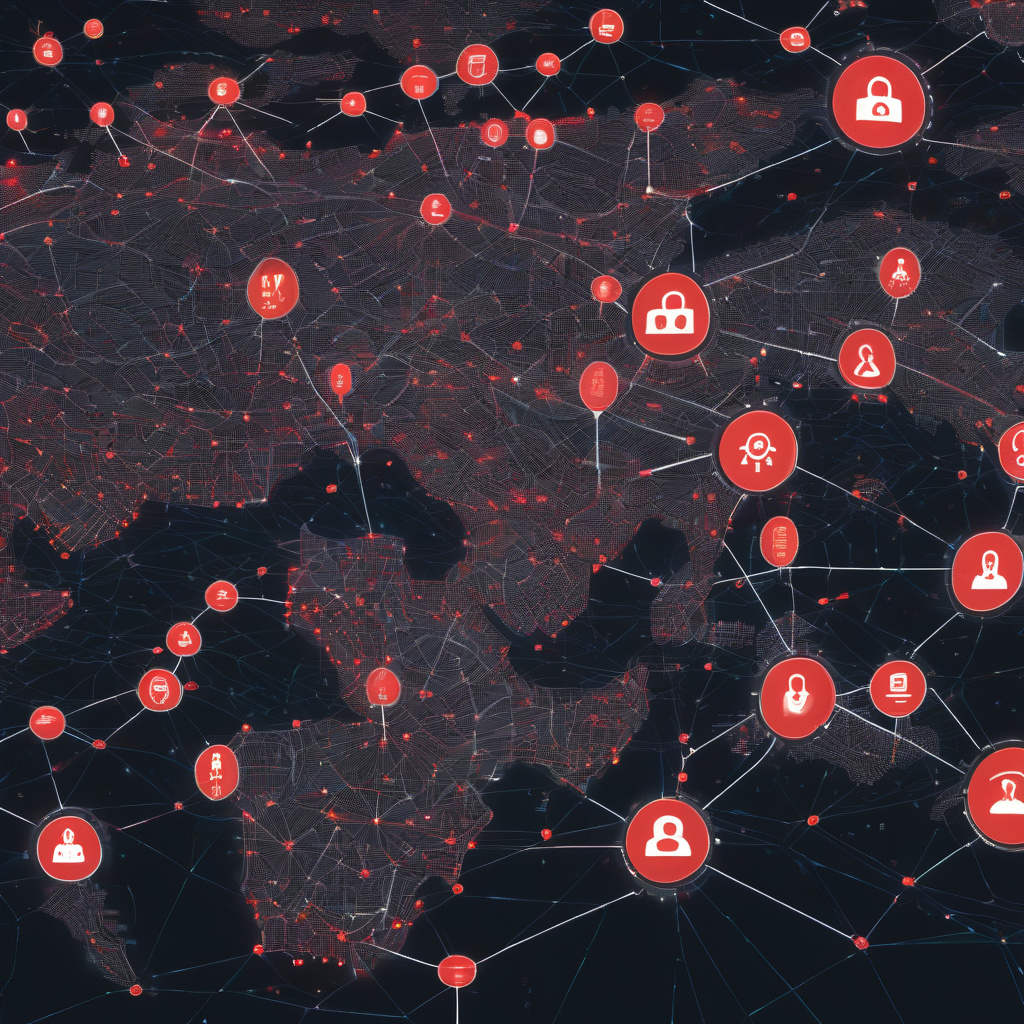In a recent alarming development, cybersecurity researchers have uncovered a sophisticated supply chain attack that has set its sights on the npm and PyPI ecosystems. This nefarious operation has zeroed in on more than a dozen packages linked to GlueStack, aiming to infiltrate the systems of unsuspecting users worldwide. The insidious nature of this attack lies in its ability to deliver malware through a subtle alteration to “lib/commonjs/index.js.”
Once this malware finds its way into a system, it grants malicious actors a wide range of capabilities, including the execution of shell commands, the ability to capture screenshots, and the power to upload files to compromised machines. Aikido Security, the firm behind this discovery, has shed light on the severity of the situation, emphasizing the significant reach of these compromised packages, which collectively represent a staggering portion of the global software ecosystem.
This revelation serves as a stark reminder of the ever-looming threats that pervade the digital landscape. Even the most trusted and widely-used software repositories are not immune to the cunning tactics employed by cybercriminals. The inherent trust placed in such platforms can inadvertently provide a veil of legitimacy for malicious actors to exploit, underscoring the critical need for robust security measures and heightened vigilance across all levels of software development and deployment.
To safeguard against such insidious attacks, developers and organizations must adopt a proactive stance towards security. Implementation of stringent verification processes, regular code audits, and the fostering of a security-first mindset are paramount in fortifying defenses against supply chain attacks. Additionally, staying abreast of the latest cybersecurity trends and emerging threats is essential for maintaining a resilient security posture in an ever-evolving digital landscape.
As the digital realm continues to expand and intertwine with our daily lives, the onus is on all stakeholders within the software development and IT community to remain steadfast in their commitment to cybersecurity. By collectively prioritizing security, fostering a culture of resilience, and embracing a proactive approach to threat mitigation, we can effectively thwart the advances of malicious actors and uphold the integrity of the global software ecosystem.
In conclusion, the recent supply chain malware operation targeting the npm and PyPI ecosystems serves as a poignant reminder of the pervasive threats that loom in the digital realm. By fortifying our defenses, remaining vigilant, and cultivating a security-centric ethos, we can collectively mitigate risks and uphold the integrity of the software supply chain. Let us stand united in our commitment to cybersecurity, ensuring a safe and secure digital future for all.

